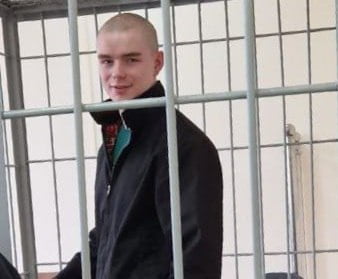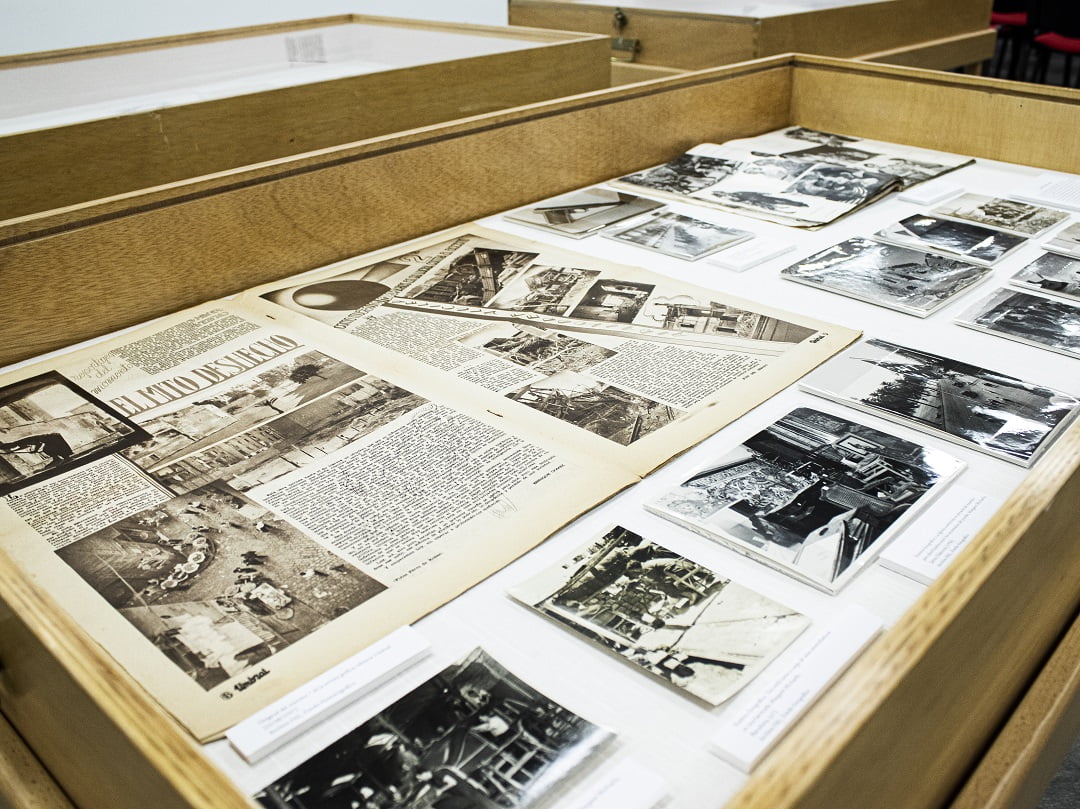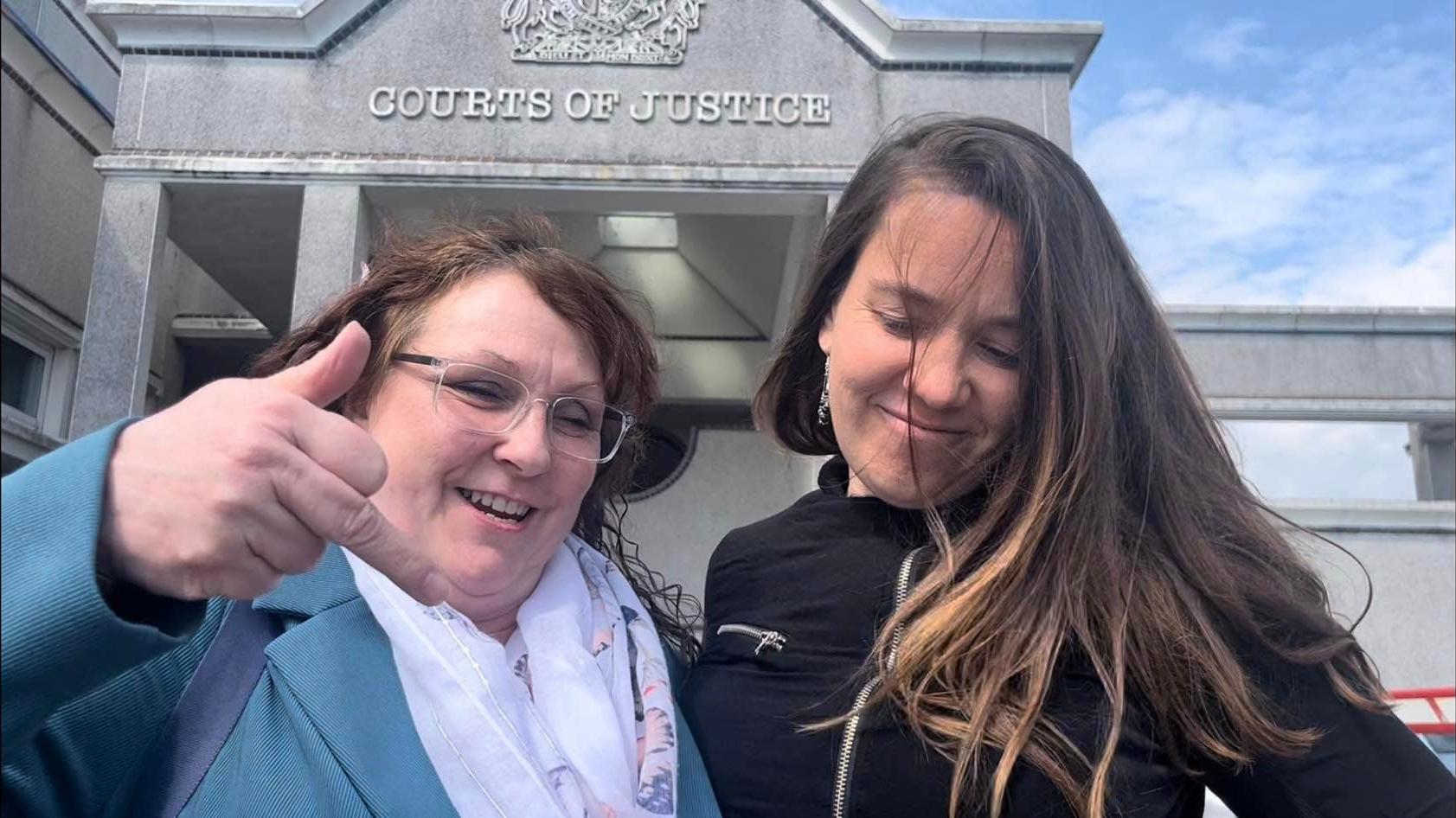Bentley is a former coal-mining town just north of Doncaster, South Yorkshire. Since the pit closed in 1993, it has consistently been among the top 10% of the most impoverished areas of the UK. Life expectancy is well below the national average, with many health problems being directly linked to food and nutrition. High rates of childhood obesity, heart disease, diabetes and cancer can all be directly linked to food poverty. Indeed, Bentley has the highest uptake of foodbank donations of any of Doncaster’s former mining towns. A staggering 94% of residents live within walking distance of a fast-food outlet, but there is not a single greengrocer to serve some 21,000 people. Bentley is a typical food desert, a place where it is literally easier to buy kebabs than kale.

Ironically, Bentley is surrounded by arable farmland; the population have a rich engineering heritage; and the Soil Association tell us that we have one of the most rich and diverse soil maps in the country. The council may be cash-poor, but they are rich in land and buildings (although at times they seem a little too eager to sell off what should be community assets). As a community, we have everything we need to thrive, but the dominant economic system (and the story it sells to us) convinces us that we have nothing. I have first-hand experience of breadline poverty and would fight to my last breath to level the socio-economic playing field, but I firmly believe that if people start practising mutual-aid in everyday life that we will soon find that, as communities, we already have everything we need to build a brighter, braver more beautiful future for all.

Members of our cooperative had long been involved with guerilla gardening and community food growing projects and we had asked several times for permission to take over an abandoned horticultural training centre in Bentley for the benefit of the local community, but to no avail. It wasn’t until the head of the council began to subscribe to the Doncopolitan, an arts and culture magazine we created to prove that there was no such thing as a ‘cultural desert’ (a slur often aimed as Doncaster), that we were able to pitch our ideas to people at senior level and Bentley Urban Farm was born.

Bentley Urban Farm (BUF) is an upcycled market garden which uses reclaimed materials to repair and maintain the aforementioned horticultural training centre so we can teach people to save money by growing some of their own food. We use reclaimed materials because we want to prove, as previously mentioned, that the resources already exist — often in forms usually considered ‘waste’ — to change the fate of impoverished communities, we just need to change our practices and attitudes.

To show this we created our SEED & SAVE campaign. We let people adopt an area of the farm and showed them how to build a raised bed from reclaimed materials. We then use the bed to teach them how to grow food. If they get really good at it we even buy produce from them for our veg box scheme. We don’t have the acreage to grow everything for our veg boxes (we tried to get the adjoining three acres for this purpose, but the council sold it off as soon as we asked for it to be listed as a community asset!), so we buy produce from a nearby organic farm and then add some of our own goods. We tend to grow unusual crops, like yacon (also known as a ground pear, because it looks like a King Edward spud, but tastes like watermelon) or pocketbook tomatoes (a type of plum tomato which fuses together and looks like a brain before it ripens). We grow these unusual crops because we like to show people how limited the selection in supermarkets really is, and people tend to warm to produce which has interesting stories. We’re also keen to encourage the use of open pollinated seeds.

BUF may have started as an anti-food poverty campaign, but working with local schools we soon found that there were kids from more affluent areas who were also getting poor nutrition because both parents were working and they were ‘latch-key kids’ who were routinely warming up frozen meals in a microwave. We began to realise that it isn’t just access to food, but our society’s relationship with food that lies at the heart of our food health crisis.

Thankfully the answer is simple (even though government and bureaucrats seem determined to make is as complicated and expensive as they can). The answer lies in our own hands.
At BUF we work with an incredibly diverse range of people, with various abilities and needs, but their reaction when they start to spend more time outside growing their own food is as close to universal as you’re likely to get — a focused calm and, once they have harvested their first crop, a real sense of achievement. Reconnecting with the seasons means that you can no longer take things for granted. Most people don’t realise that it takes eleven months to grow a leek, longer than it takes to grow a baby.

BUF has been an uphill struggle — hard work, long hours, break-ins, arguments, etc. — but the rewards are truly priceless. We worked with a project called the Primary Learning Centre, 8-12 yr olds who had been excluded from school (how is that even allowed!). The first time they were supposed to visit only one was allowed to come because the rest wouldn’t stop swearing. When he went back to the class and told them what he had been doing (digging a pond) the rest made sure they were allowed to come the following week. These kids were considered ‘problematic’ by wider society, but place them outdoors with a few tools doing physical work and those problems dissipate — in fact, things which are disruptive in classrooms, such as having too much energy, become advantages in an outdoor environment. One 12 yr old built a footpath all by himself in an afternoon and would have kept going if we didn’t kick him out.

The kids began to visit us regularly and also volunteered at a nearby park. At the park they worked with a grass-cutter who had grown up in similar circumstances and he became something of a role model to them. Unconfined by the rigours of Ofsted and the bias of teacher training he was able to communicate with them and inspire them in ways formal education had failed to do. The process was not without hiccups, but eventually he had every kid under his spell and the teachers reported that they were acting better in the classroom environment just in case they missed out on visiting BUF or the park. They were amazing, they even organised their own ongoing 20% discount with the local garden centre. A real success story, or so we thought.

We had witnessed real growth and development, and we know that young lives were changed for the better. But that counts for nothing if a project doesn’t tick enough bureaucratic boxes or generate enough statistical data. The powers that be decided to close down the Primary Learning Centre and replace it with, I kid you not, something called the Behaviour Outreach Support Service… BOSS.

Worse still the grass-cutter’s line-manager asked why he had been wasting his time with children and moved him away from the park; despite the fact that his work had earned the park a much celebrated Green Flag. Unfortunately bureaucrats tend to see job titles rather than the people who do the job.
We have witnessed many special moments down on Bentley Urban Farm, but what we do really isn’t that special. Every community has space which can be dedicated to growing. Every community has the skills and resources to get started. It truly is mutual-aid in action. A couple of committed activists can create real and lasting change. In fact, imagine what a couple of hundred, or a couple of thousand could do? What if, the next time tens of thousands of people assembled for a political rally in London, they built a community garden instead of going on an A to B march?
Warren Draper
Photography by Warren Draper
Are you involved in a community project and want to share your experience? We would love to hear from you! Drop us an email: editor@freedompress.org.uk








